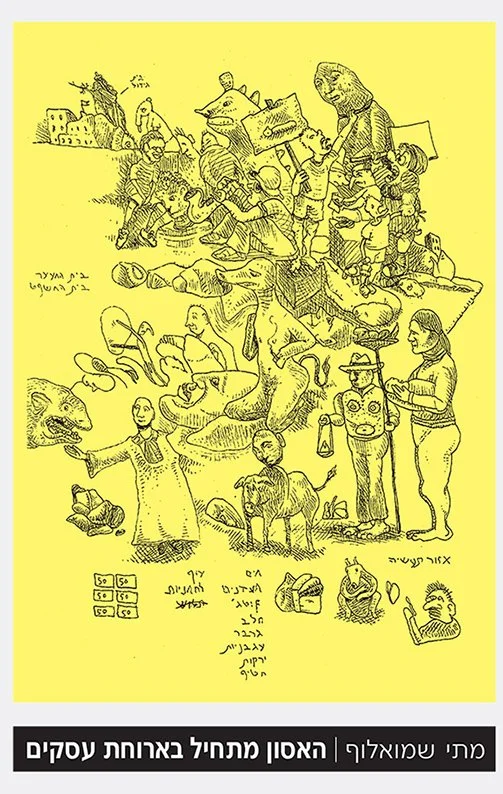Hebrew Poetry Books
My Hebrew poetry is always changing. In Israel, I was a poet who wrote about political and social issues. I wrote about the ongoing Palestinian occupation. I also wrote about how to empower people of the underclass. I wrote about my Arab-Jewish roots. I wrote about injustices and used my poems to bring together people who are treated unfairly. After my emigration to Berlin, I continued to publish Hebrew poetry books but focused more on immigration, transnationalism, and sharpened my diasporic Jewish point of view. However, I think you can find these characteristics also before moving to Berlin, as you can find the political voice still today.
Pardes publishing house. 2024.
IT'S THIS HAPPINESS, YOU WANTED ME TO TOUCH
Aphorisma VERLAG. 2019.
Bagdad Haifa Berlin
pardes publishing house, 2017.
Hebrew outside of its sweet insides
Boxilla publisher, 2014.
Last tango in Berlin
Nahar sfarim publishers. 2013.
Appetite for Hunger
Nahar sfarim publishers, 2010.
Why I Do Not Write Israeli Love Songs
Yaron golan publishers, 2006.
poetry between Hazaz and shemoelf
Gwanim publishers, 2021.
scar minimizer








